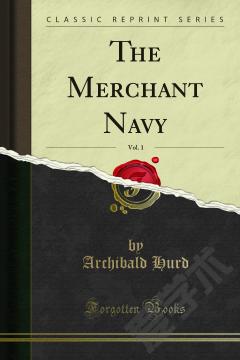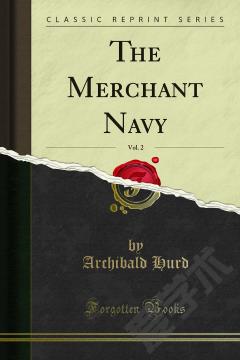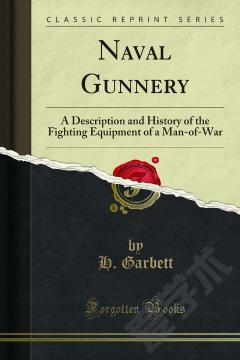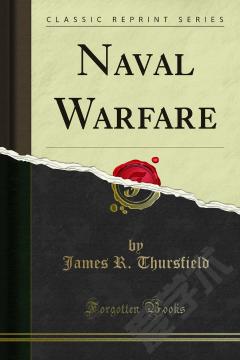The Merchant Navy
When the peace was broken on August 4th, 1914, nothing suggested that British merchant seamen would fare worse than their predecessors of the Napoleonic era, and the statement that they would be compelled to face perils in intensity and variety unparalleled in human experience would have been rejected as unbelievable in face of all the efforts made at The Hague to humanise warfare. Events falsified all anticipations.After the comparative failure of the attack on commerce by surface craft -cruisers and auxiliary cruisers - the enemy became convinced that in the submarine he had found the means of cutting the communications of the British Empire, and of shutting off from the European battle-fields the essential supplies without which the troops could not continue to fight. The use of the submarine for commerce destruction involved the infraction of international law as well as the ignoring of the code of humanity, since these small craft, packed with machinery and equipped for war, were unable to accommodate the crews of ships sunk, whether by torpedo, gunfire, or bombs. The German flag had already been banished from the highways of the world. So, in desperation, it was decided, whatever the loss of human life might be, and without respect for considerations of law, however widely recognised, to embark on a policy which, rightly or wrongly, became generally known as piracy.This decision changed the whole aspect of the War so far as merchant seamen were concerned. As the campaign made progress it became apparent that the British merchant seamen were being forced by circumstances, over which neither they nor the British naval authorities had any control, into the forefront of the struggle by sea.
{{comment.content}}








 京公网安备 11010802027623号
京公网安备 11010802027623号